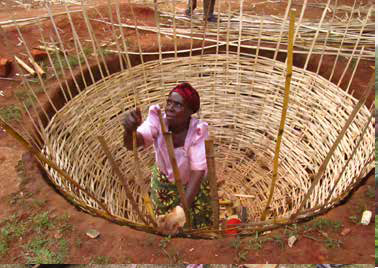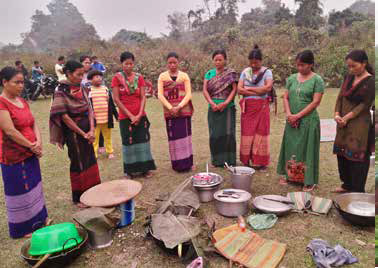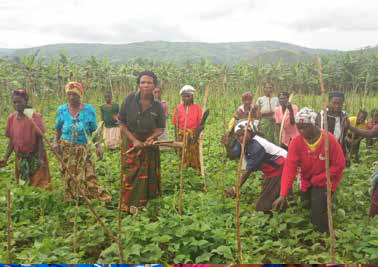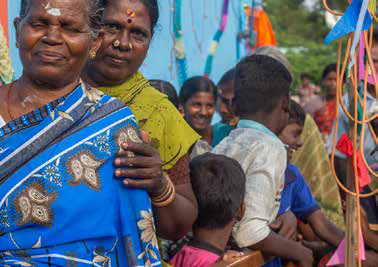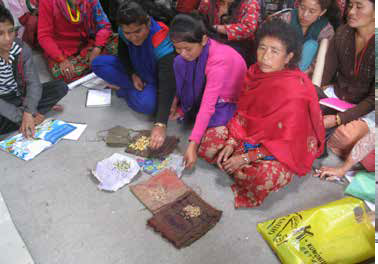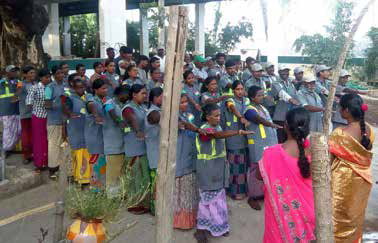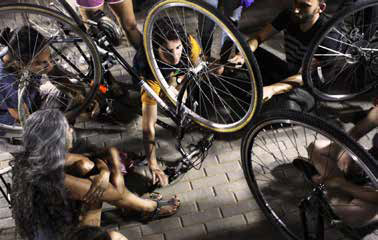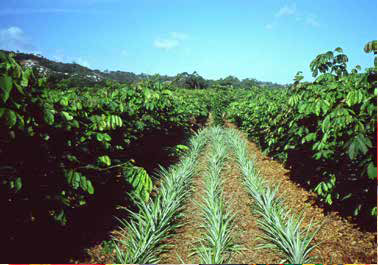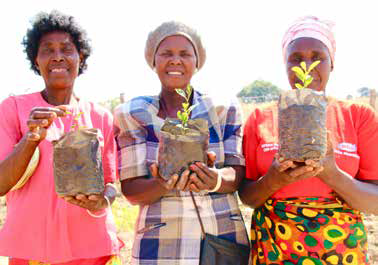Women’s formal access to land rights contributes to the fight against deforestation
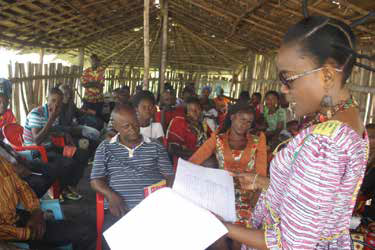
Description of the project: CFLEDD strives for the recognition of women’s land and forest rights in the provinces of Equateur and Maindombe of the DRC, with the aim to strengthen their effective participation in reducing deforestation. An advocacy tool has been built and is used in dialogues between local and indigenous women, customary chiefs and… Read More
